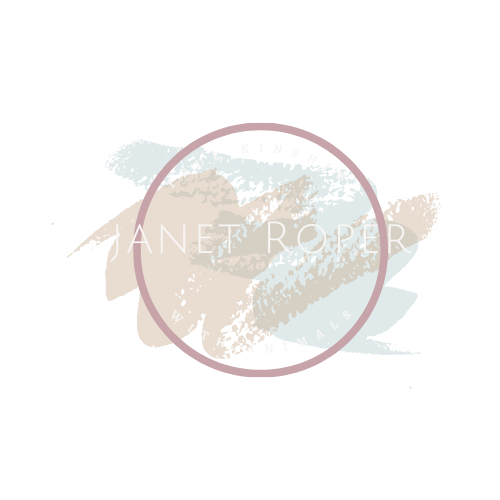Humans, Entitlement And Animism
Originally published October 26, 2018
It's not going to be a big surprise to you, but we humans are awfully good at being human. Some of our best qualities shine forth through our creativity, our compassion and our wit.
But then, we have those not so good qualities that come forth, one of which is entitlement. We believe we are entitled to something simply because we're human (or so we think). In other words, we pull what we consider to be the trump card: I'm human, you're not, therefore I outrank you.
The illusion that we're human and therefore we outrank other sentient beings is the antithesis of animism
Animism is a view that helps us experience the world that is greater than our own individual understanding and scope. Animism perceives all things—animals, plants, rocks, rivers, weather systems, words, computers, cars, pencils—as animated and alive. Being animated and alive means that each non-human being has its own agency, or autonomy.
In the last blog post we delved into a discussion about animism, what it is, and the connection between animal communication and animism. Building on that conversation, let's talk about entitlement and animism, what that means, how they're connected, and how we easily fall into that rabbit hole of entitlement.
Humans are not entitled to the respect of an animal by virtue of simply being human
I know that is not music to everyone's ears. Regardless of how well-intended we humans are, we often make decisions for animals without taking their wishes or desires into consideration.
As an example, let's look at rescuing/adopting animals.
All animal lovers are big hearted and want to help animals have the best life possible. A common way to do that is by adopting or rescuing. Have you ever walked into a shelter or rescue and immediately thought 'oh, look at that poor dog (cat, rabbit, horse, guinea pig, etc), s/he looks so lonesome here!'? Our caregiver instinct kicks in and the next thing we know we have a new family member.
Straight Talk
Well, did you ask the animal that before the adoption? What if that animal was waiting for another family for adoption? What if, while in the shelter, the animal was actually helping out another animal or a member of the shelter staff? What if that animal came to the shelter with the purpose of dying there? That does happen, I've witnessed it.
Just because we feel the need to rescue an animal does not mean the animal feels the need to be rescued by you
That's hard to take in, I know. Breathe deeply, and take a moment to sit with that. In all honesty, it'll take many moments to sit with it and many times returning to it in order to come to terms with it in full honesty and integrity.
Each animal has their own agency (authenticity) and that is not to be overridden by our human agency, simply because we're human. The animal(s) owe us nothing. We can request a mutually agreeable relationship, but the animals owe us nothing.
Adoption/rescue is just one example of where we pull the 'I'm the human' card, think we know what is best for the animal and are entitled to act upon that knowledge.
Since we've started a conversation around this, don't be surprised if awarenesses and examples of entitlement in your own life start popping up. When/if they do, that's wonderful! Here's how to handle them:
Be gentle with yourself. As Angel Horse Shiloh constantly reminds me "You're only human, you've got a lot to learn"
Remember to include your animal pals in the conversation. Ask open ended questions about their thoughts and opinions
Take note of the experience. Write it down along with some options for acting differently in the future
Are you feeling intrigued by this concept of entitlement? If so, let’s talk. Go to the contact page and schedule your free discovery call to find out how we can work together, how I can help you become more at one in your relationship with animals.


